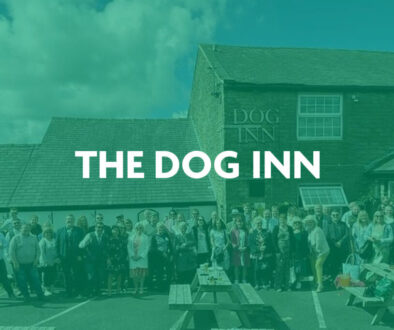New life for Welsh woodlands
A forestry co-operative in rural North Wales is bringing neglected woodlands back into productive management with the help of a loan from The Co-operative Loan Fund. Elwy Working Woods has negotiated with local landowners to manage and harvest eight woods located around the Elwy valley near Abergele.
The multi-stakeholder co-operative has 12 members who are involved in forestry, woodland management or wood working in various ways. One of them owns the sawmill at Moeolfre where the co-operative has its office. Elwy Working Woods was set up in 2009. Now it is expanding and creating two new jobs with the aid of a grant from Conwy Rural Partnership and the loan from The Co-operative Loan Fund.
The main income comes from the sale of firewood direct to the public. The co-operative also gets some income from landowners for woodland management and forestry contracts. It has plans for developing charcoal production in the next two years.
Will Westwood, one of the employee members, said: “The loan from the Co-operative Loan Fund has provided us with the additional finance we needed to pull down the grant from Conwy Rural Partnership. Without this I doubt the project would go ahead.”
Elwy Working Woods has strong social and environmental aims. Reviving neglected woodlands improves the sustainability of the local economy, creates jobs and training opportunities and improves biodiversity in the woods.
Adrian Farey, a founder member of the co-op, said: “Conwy has hundreds of acres of neglected woodlands which, either because of their size or inaccessibility, have escaped the attention of the larger forestry companies. These woodlands represent a considerable and valuable resource for local communities. Elwy Working Woods hopes to bring as many of these into management as possible using more traditional and sensitive methods, respecting habitat and amenity yet still providing a sustainable fuel supply for the local area.”
Ian Taylor of The Co-operative Loan Fund said: “I was very impressed by the project and the people involved. It’s totally environmental and financially viable as well as being co-operative so of course we are very pleased to support it.”




